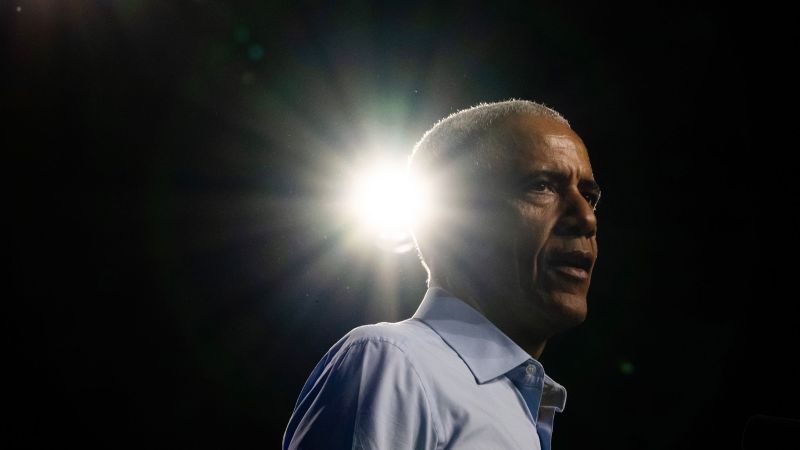Experts: Trump may offer Israel direct support for strikes on Iran - CGTN
U.S. President Donald Trump is likely to provide military support for Israel to dismantle Iran's nuclear program, including an underground facility Israeli air strikes have yet to penetrate, experts say.
Fighting between Iran and Israel has raged since Israel launched preemptive air strikes on multiple Iranian cities last week, severely damaging the country's military and nuclear infrastructure and killing top commanders. Tehran has retaliated with waves of missiles and drone attacks, some of which breached the Iron Dome, striking deep into major Israeli cities.
Israel says its military operation aims to prevent Iran from developing nuclear weapons. Iran maintains that its nuclear program is solely for peaceful purposes.
"We have no doubt that Israel wishes to fan the flames of the war as much as it can and spread the flames to other countries and players in the region," Iranian Foreign Ministry spokesman Esmaeil Baghaei said on Monday, adding that Iran's nuclear program was merely a pretext for Israel to strike.
Despite international calls for de-escalation, Trump, who previously expressed a desire for peace between the two foes, has made increasingly aggressive statements toward Iran. In a social media post, he urged Iran's "UNCONDITIONAL SURRENDER," claiming that the U.S. knows where Iran's Supreme Leader Ayatollah Ali Khamenei is "hiding" and chooses not to "take him out (kill!), at least not for now."
These comments, which also followed his call for Tehran's 9.5 million residents to flee for their lives, appear to indicate Washington's willingness to help Israel achieve its stated goal of eliminating Iran's nuclear program.
"There is a good chance that the United States would be willing to undertake a strike against Fordow," Zaki Shalom, an expert on Israel's defense policy and professor at the Misgav Institute, told CGTN.
The Fordow nuclear facility, buried deep within a mountain and believed to lie some 90 meters underground, houses hundreds of centrifuges and is considered Iran's most heavily fortified nuclear site. So far, it has escaped damage from Israeli strikes, as it is thought to be vulnerable only to massive bunker-buster bombs, munitions currently held exclusively by the U.S.
While other enrichment sites, such as the Natanz fuel enrichment plant, have sustained direct hits by Israel, analysts believe Iran's nuclear program is far from being neutralized.
"Israel needs American involvement in the war with B2 bombers, which can carry bombs of about 14 tonnes," Shalom added.
The belief that Washington might directly intervene alongside Israel is gaining traction in media reports, a sharp turn from the earlier perception that Trump was pursuing a ceasefire.
The U.S. president had reportedly opposed Israeli attacks on Iran to preserve nuclear talks between Washington and Tehran, but he changed his stance after negotiations stalled. After fighting broke out, Trump appeared to only see Israeli strikes as a means of getting more concessions from Iran.
He said, "Iran and Israel should make a deal" in a social media post on Sunday. However, as the conflict drags on, his rhetoric has shifted dramatically. Over two dozen U.S. military planes have reportedly been moved from bases in America to Europe over the last three days.
"Persuading the Trump administration to join in air strikes on Iran's nuclear facilities is Israeli Prime Minister Benjamin Netanyahu's primary diplomatic objective," Wei Liang, an associate research fellow of the Institute of West-Asian and African Studies of the Chinese Academy of Social Sciences, told CGTN.
Noting that Trump has been trying to bolster his image as a peacemaker, expressing reluctance to engage in or provoke new wars in the Middle East, Wei said it may be "quite difficult" for the U.S. to get directly involved.
However, "if fighting stretches out, the U.S. is expected to swiftly approve and deliver various types of weapons requested by Israel," he added.
Regardless of whether the U.S. joins the military operation, Israel will remain the main force in the fight against Iran. However, already embroiled in a war in Gaza, Israel may not be in a position to sustain a prolonged conflict elsewhere.
"Israel certainly cannot afford itself a war of attrition against Iran," Shalom said. He estimated that "the war would end next week."








:max_bytes(150000):strip_icc()/GettyImages-2220789798-d760701cedf04733bbd6c135aef93f5b.jpg)



